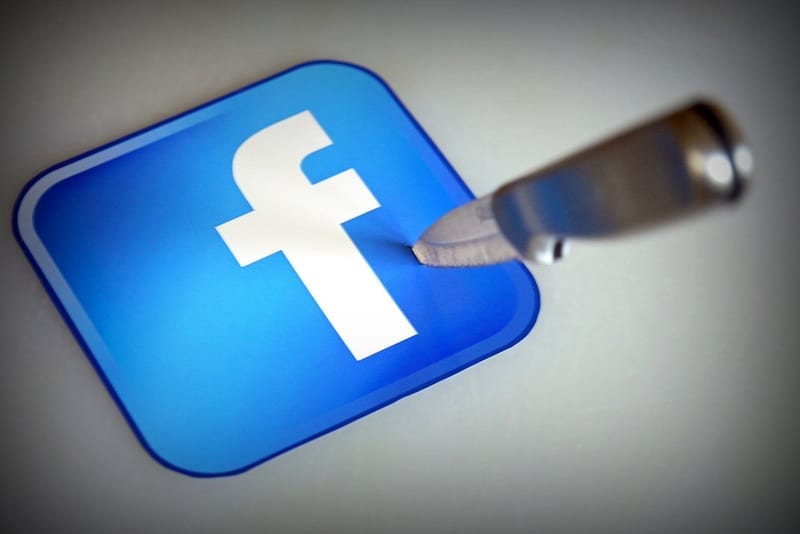Facebook reaches deeply into our daily lives; it’s how we find news and keep in touch. This gives Mark Zuckerberg great power – and great responsibility.
Facebook started out as a great idea, really. Modeled on actual paper handouts that served as an introduction for college students, Mark Zuckerberg’s website exploded from a campus networking tool to an international powerhouse over a decade ago. Mission creep followed, as Facebook grew and changed in response to the site’s customers and the desires of the people that use it on a daily – or even hourly – basis. Those are, of course, two different groups with divergent (and not always compatible) needs and interests. Now, Facebook reaches deeply into our everyday lives, and with great power, as they say, comes great responsibility. Will Zuck be able to juggle it all while keeping everyone happy? Magic 8-Ball says “no.”

Some recent issues highlight Facebook’s weaknesses.
Any platform that offers free content or services has to make its money some other way. For most of Internet history, that way has been through advertising. Since those who buy the ads are paying for the service, they are the customers, and we all know that any business must first consider its customers’ needs to survive and prosper. Facebook, then, has become adept at being able to provide what its customers want: the ability to target ads to specific demographics, based on incredibly rich data. Facebook reaches deeply into private lives, as it is a significant way that people stay in touch with friends and family.
That power can be used for beneficial purposes, but in the case of Facebook, it often isn’t. For example, companies like Google, LinkedIn, Amazon, and Verizon purchased Facebook ads targeting young people in the job market. That may be great for companies who would prefer not to employ older people, but it’s illegal to discriminate by age when making hiring decisions. Skirting the issue by hiding job ads from older potential workers is borderline illegal, and organizations like the AARP and even Congress is starting to take notice.
Since Facebook reaches deeply into users’ personal interests, it can also target readers with exactly what they want to see. It’s a win for Facebook, which monetizes user engagement by selling it to their ad-buying customers, but it’s a loss for our democratic process. Honest, human psychological needs, like fitting in with one’s peers or experiencing pleasure, can have the perverse effect of creating echo chambers, where people who rely heavily on Facebook for news and social interaction end up seeing only mirrors reflecting their views back to them. Imagine every individual living entirely inside their own perspective and you can (hopefully) see what kind of problems that would cause. The 2016 election cycle is a prime example.
As a result, Facebook is announcing yet another “fix” for its intrinsically flawed platform. They’ll be tweaking your news feed yet again, hoping to show you fewer divisive political posts, viral videos, and product spam, while prioritizing “organic” content from your friends and family: the reason many people signed up on Facebook in the first place. Not even this change can please everybody, however; from another perspective, just as valid, this reads as Facebook beginning to censor news items on a platform where 45% of adult Americans go for information.
If Facebook’s individually customized, data-driven echo chamber caused the kind of user engagement that brought the money rolling in, changing the platform to root out fighting words and viral posts could conceivably damage their business model. The shareholders would have a legally valid objection. That said, there’s something wicked in selling out our social civility, our democratic process, our ability to perceive our political opponents as humans just like us, and even our ability to apply for jobs if we’re not exactly what employers think they want. Facebook reaches deeply, but maybe it shouldn’t reach so deeply anymore.
Related: ProPublica and TNYT Accuse Facebook, Verizon and More of Age Discrimination


Join the conversation!